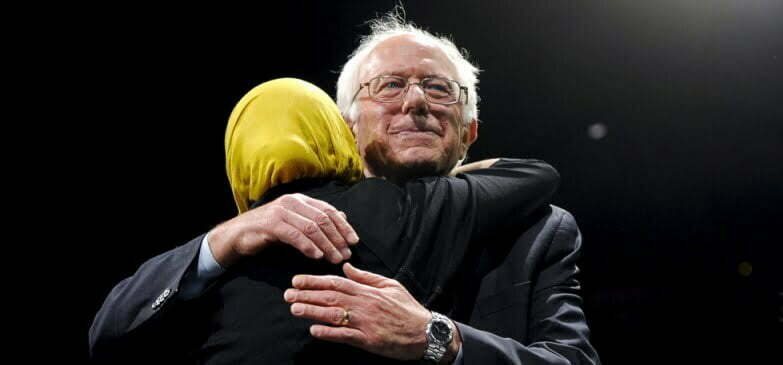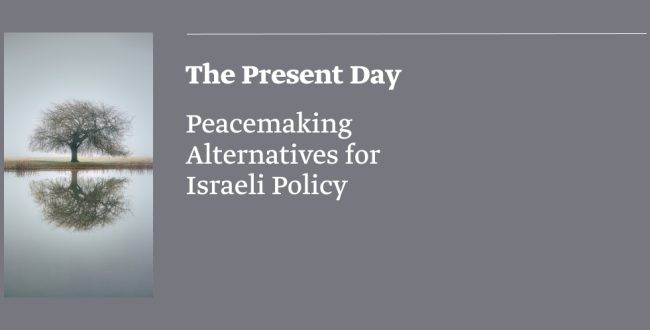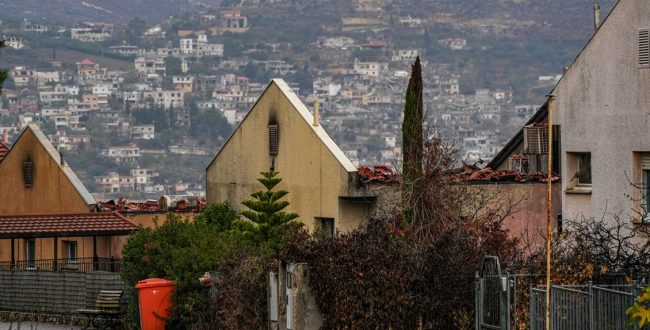Recently, the Palestinian-American activist, Linda Sarsour, published an article endorsing Bernie Sanders, who is running to win the nomination of the Democratic Party for president of the United States. In the article, Sarsour mentions the criticism she encountered for her support for Sanders, criticism that pointed to the supposed paradox of an activist of color, who fights for the representation of women and people of color, is backing a 78-year-old white man. She mentions the support Sanders garnered from other women, who have also become progressive icons among the American Left – Alexandria Ocasio-Cortez, Ilhan Omar and Rashida Tlaib – and explains the simple reason for this support: Sanders promotes policies that the communities she represents so desperately need.These policies include partial abrogation of student debt, universal healthcare, reducing housing prices, promoting equality in American society, increasing the minimum wage and empowering organized labor. “By supporting Sanders in the primary, women of color are simply continuing the fight for justice we have spearheaded for generations,” Sarsour concluded.
Sarsour does not mention Sanders’ Judaism, but this, supposedly only increases the paradox inherent in her endorsement. Like Omar and Tlaib, Sarsour is often accused of antisemitism. Sarsour is also considered a leading proponent of identity politics, which is often considered as responsible for the breakdown of the American (and global) Left into ever-multiplying groups fighting each other for the purpose of ensuring the representation of their particular identity. To those who believe these claims, the support offered to Sunders by Sarsour and other leading women in the American progressive Left, must appear as a befuddling paradox.But in truth, the real paradox is the near absence of a serious discourse in Israel about the rise of this progressive Left in the Democratic Party. Instead, the discourse in Israel vacillates between disregarding this current for being “the extreme fringes” of the Democratic Party, to seeing this current as a far-reaching threat to Israel – particularly because the Palestinian cause is a central component of its identity.
It is worth examining the early roots of the global movement that serves as the basis of the progressive Left in the United States in recent decades. Despite conventional wisdom, the social movements of the 1960s did not dissipate into thin air after the wave of fervent activism and protests in the late 1960s. Instead, they became grounds for decentralized social activism that operated through smaller circles throughout the 1970s and 1980s. The rise of some of the most prominent social movements in the 1990s, including the feminist movement, the LGBT rights movement and the anti-war movement, all originated, to an extent, from those circles.The end of the Cold War and rise of the so-called “human rights regime” gave these movements a greater receptive audience and possibilities for activism.
At the same time, the victory of the West in the Cold War, turned the neo-liberal regime into a global one, deepening inequality almost everywhere, and precipitating environmental destruction, harming marginalized communities (such as women and people of color), bolstering the influence of corporations and small elites, and unleashing unrestrained American militarism. The reemergence of the abovementioned social movements from the 1990s can be seen, to a large extent, as a reaction to the neo-liberal regime, a reaction that is based on the organizational foundations and consciousness developed in the 1970s and 1980s.The identification of the common elements of oppression of different groups – the poor, black people, indigenous peoples, women and ethnic minorities – also produced the realization that only inter-communal solidarity and joint struggle will help remedy the injustices done to each of these groups .
A prominent example of this dynamic can be observed in the most prominent media outlet in the activist circles of the progressive Left in the United States, Democracy Now. The channel was established in 1996 and deals with all the issues occupying the global Left, with an emphasis on the struggles of social movements and organizations – local and global. The channel also focuses on the responsibility of the United States government for the military, economic and social policies that sow destruction across the world.
The thinking behind the focus on the channel is that, firstly, as a channel operated by American citizens and whose audience is mostly American, it should first-and-foremost, criticize the US government, over which American citizens have influence and for whose actions they are responsible. Secondly, that change will emerge from social movements and ordinary people, whose voices are largely excluded from mainstream media channels. The guiding principles of the channels since its founding can be traced back to the influence of the linguist and intellectual Noam Chomsky, who is close to the founder and the main host of the channel, Amy Goodman.For example, the cooperation between Chomsky and Goodman was a central component in one of the most successful yet least known social movements of the 1990s, which focused on ending the Indonesian occupation of East Timor , an occupation supported by the United States. From the moment of its founding, Democracy Now also focused on the Palestinian issue. It was only natural the channel would cover the issue extensively, as it constitutes a clear injustice toward an indigenous people living under colonial occupation for which the US is very much responsible.
A search on the Democracy Now website shows that the outlet conducted almost 70 interviews with Sarsour since 2012. The interviews concern a range of activist struggles in which she took part, including the Women’s March on Washington, Black Live Matter protests, her activism on behalf of Muslims and immigrants in the United States, and of course, the Palestinian issue. By linking the rights of women, blacks, Muslims, Palestinians and the poor in the United States, Sarsour expresses the solidarity that has become second nature in the activist circles of the progressive Left in the United States.
Therefore, the key to understanding Sarsour’s central role and that of other female figures in the progressive Left, as well as their support for Sanders, is not a manifestation of paradoxes of identity politics or the supposed seeping of antisemitism into “extremist” circles of the Democratic Party. It is instead a sign of the emergence of a new global progressive consciousness starting in the 1990s, a consciousness that can be traced back to the protest movements of the 1960s.

















